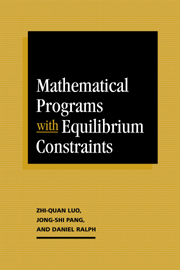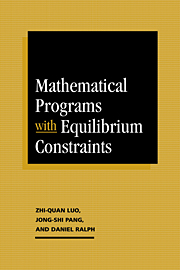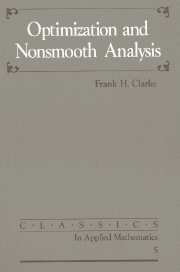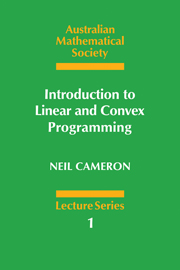Mathematical Optimization and Economic Theory
Mathematical Optimization and Economic Theory provides a self-contained introduction to and survey of mathematical programming and control techniques and their applications to static and dynamic problems in economics, respectively. It is distinctive in showing the unity of the various approaches to solving problems of constrained optimization that all stem back directly or indirectly to the method of Lagrange multipliers. In the 30 years since its initial publication, there have been many more applications of these mathematical techniques in economics, as well as some advances in the mathematics of programming and control. Nevertheless, the basic techniques remain the same today as when the book was originally published. Thus, it continues to be useful not only to its original audience of advanced undergraduate and graduate students in economics, but also to mathematicians and other researchers who are interested in learning about the applications of the mathematics of optimization to economics.
Product details
March 2002Paperback
9780898715118
528 pages
228 × 152 × 26 mm
0.73kg
This item is not supplied by Cambridge University Press in your region. Please contact Soc for Industrial & Applied Mathematics for availability.
Table of Contents
- Preface to the Classics Edition
- Preface
- Part I. Introduction. Economizing and the Economy
- Part II. Static Optimization. The Mathematical Programming Problem
- Classical Programming
- Nonlinear Programming
- Linear Programming
- Game Theory
- Part III. Applications of Static Optimization. Theory of the Household
- Theory of the Firm
- General Equilibrium
- Welfare Economics
- Part IV. Dynamic Optimization. The Control Problem
- Calculus of Variations
- Dynamic Programming
- Maximum Principle
- Differential Games
- Part V. Applications of Dynamic Optimization. Optimal Economic Growth
- Appendix A: Analysis
- Appendix B: Matrices
- Index.






